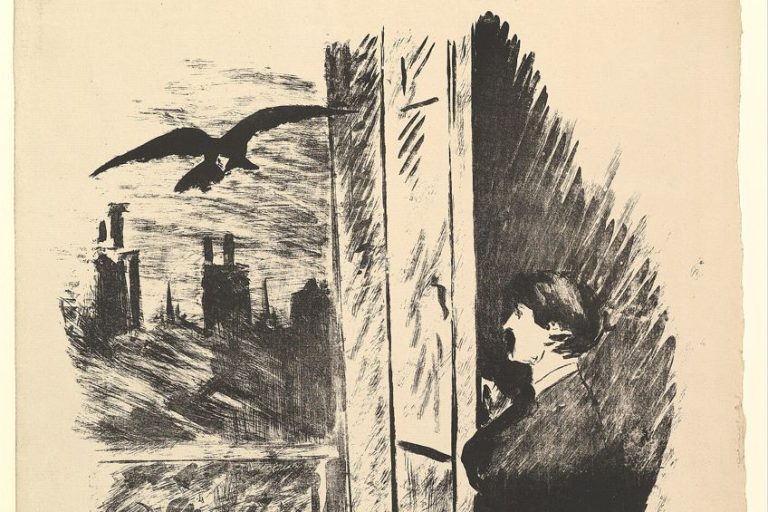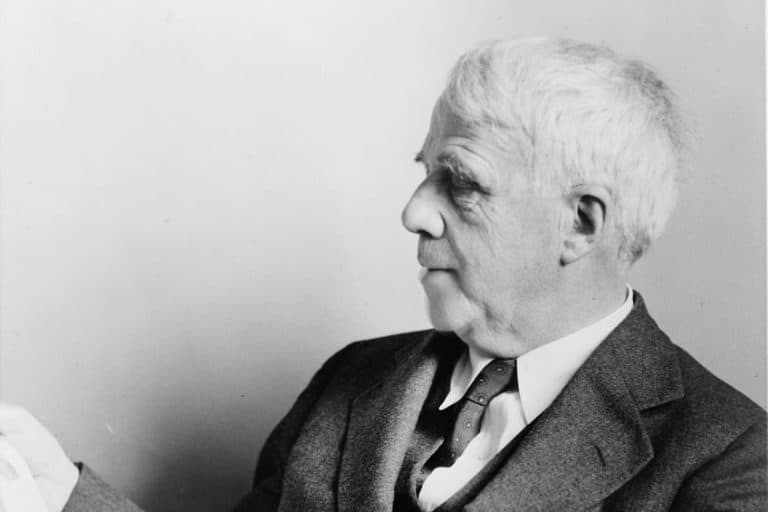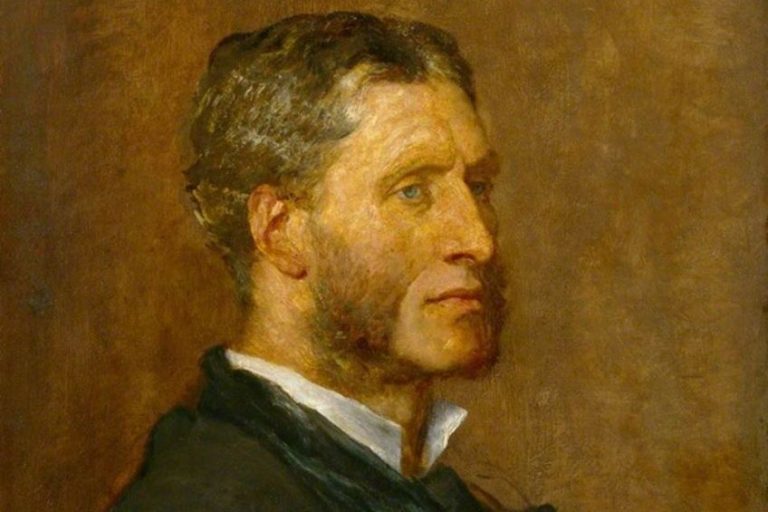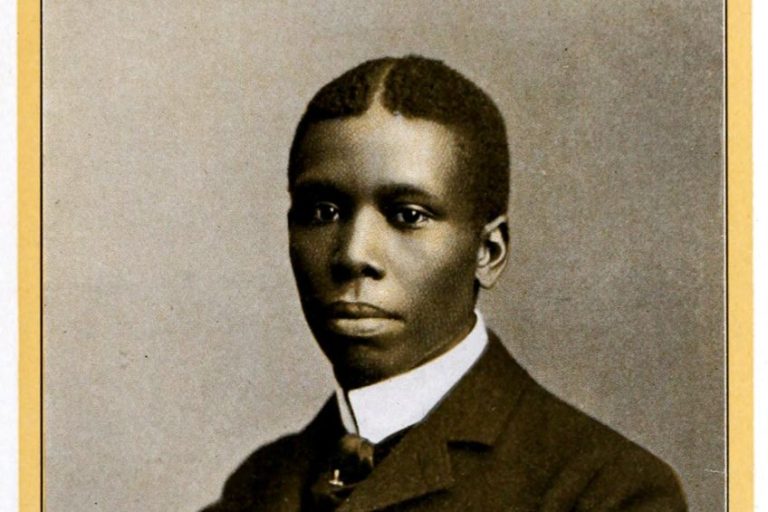Famous Shakespeare Poems – Poems by William Shakespeare
Have you ever heard the phrase, “For goodness’ sake”? How about “In my heart of hearts” or “All that glitters is not gold”? These are only a few phrases from William Shakespeare’s work that we commonly use today. Shakespeare’s writing has enriched the lives of many people for many years with his romantic scenes, dramatic characters, and wise words. There is a reason why his poems and plays are so famous. The following article will discuss the most famous Shakespeare poems and why they are so significant.
Who Was William Shakespeare?
Who was William Shakespeare? Only one of the most famous English writers in history, of course! Stratford-upon-Avon in the United Kingdom was where William Shakespeare (1564 – 1616) was born and where he spent his childhood. When he was 18 years old, Shakespeare married Anne Hathaway and the couple had three children together: Susanna, Hamnet, and Judith (twins). Shakespeare was a successful actor and poet in London and a part-time owner of Lord Chamberlain’s Men, a playing company that became known as the King’s Men. He retired at about 49 in Stratford, where he passed away three years later. There are few surviving records of Shakespeare’s private life and therefore, there have been many speculations and fantastical stories regarding his religious beliefs, sexuality, and whether some of his works were written by him or someone else.

Famous Poems by William Shakespeare
Although most renowned for his plays, William Shakespeare’s poetry has become household and even school curriculum favorites. The poem structure of four-line stanzas or three quatrains, with a couplet at the end, was famously used by Shakespeare in almost all 154 of his sonnets that were published in 1609 and thus earned its title, the Shakespearean Sonnet.
Read on for the list of some of the most famous poems by William Shakespeare, including his celebrated sonnets.
Venus and Adonis (1593)
| Even as the sun with purple-colour’d face Had ta’en his last leave of the weeping morn, Rose-cheek’d Adonis tried him to the chase; Hunting he lov’d, but love he laugh’d to scorn; Sick-thoughted Venus makes amain unto him, And like a bold-fac’d suitor ‘gins to woo him.
‘Thrice fairer than myself,’ thus she began, ‘The field’s chief flower, sweet above compare, Stain to all nymphs, more lovely than a man, More white and red than doves or roses are; Nature that made thee, with herself at strife, Saith that the world hath ending with thy life.
‘Vouchsafe, thou wonder, to alight thy steed, And rein his proud head to the saddle-bow; If thou wilt deign this favour, for thy meed A thousand honey secrets shalt thou know: Here come and sit, where never serpent hisses; And being set, I’ll smother thee with kisses:
‘And yet not cloy thy lips with loath’d satiety, But rather famish them amid their plenty, Making them red and pale with fresh variety; Ten kisses short as one, one long as twenty: A summer’s day will seem an hour but short, Being wasted in such time-beguiling sport.’ |
This narrative poem is probably the first of Shakespeare’s poetry to be published and is a minor epic. It tells the Greek mythological story of the Roman goddess of love, Venus, and Adonis. Venus becomes smitten by the very handsome man and tries to seduce him, but it does not work as Adonis is more interested in hunting. He rejects Venus and she faints. Worried that he has killed her, Adonis gives Venus a kiss and she recovers. Adonis goes hunting the very next day, despite the vision that Venus had about him being killed by a wild boar. The prophecy comes true, and Venus is heartbroken. As a result of her devastation, there will always be fear, suspicion, and sadness when humans fall in love. Combining comedy, romance, tragedy, and well-written poetry, Venus and Adonis was Shakespeare’s most popular work during his lifetime, publishing 10 editions by the year 1616.
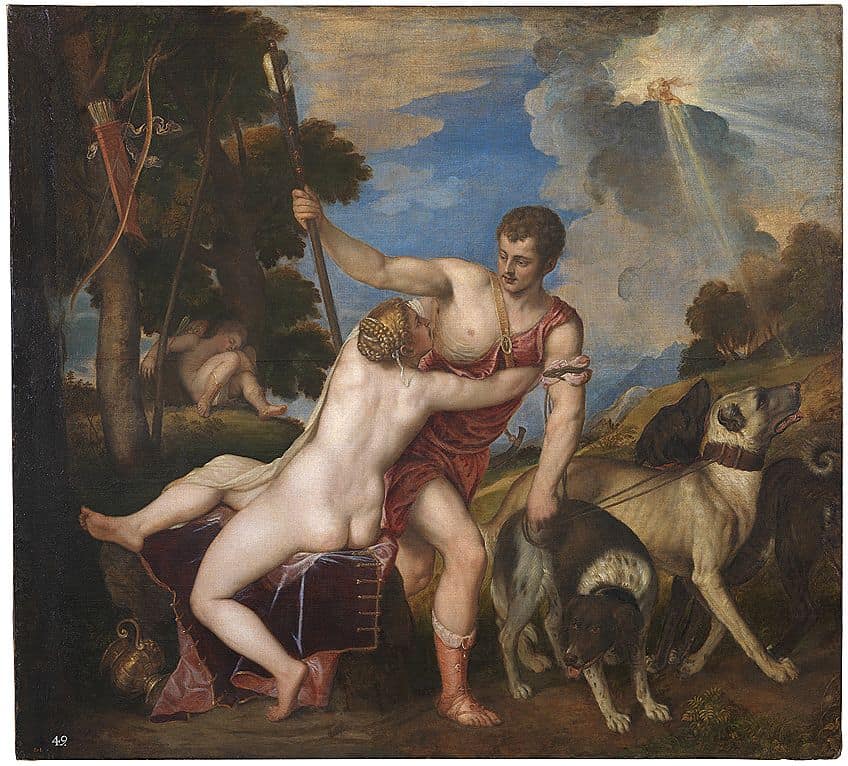
The Rape of Lucrece (1594)
| Her lily hand her rosy cheek lies under, Cozening the pillow of a lawful kiss; Who, therefore angry, seems to part in sunder, Swelling on either side to want his bliss; Between whose hills her head entombed is; Where like a virtuous monument she lies, To be admired of lewd unhallowed eyes. |
This lengthy narrative poem of 1,855 lines tells the tragic tale of the rape of an ancient Roman woman named Lucretia by the king’s son, Sextus Tarquinius, and the consequences that follow. Lucretia took her own life after the event, which led to a rebellion that played a part in turning ancient Rome from a monarchy to a republic in 509 BCE. The poem is divided into 265 stanzas, each with seven lines, and was dedicated to Shakespeare’s patron, the Earl of Southampton. The nomination at the beginning of the poem reads, “The love I dedicate to your Lordship is without end”.
The poem is one of Shakespeare’s earliest poems and one of the most famous for its vivid imagery and metaphors and for being about a historical event that played a role in the downfall of a monarchy.
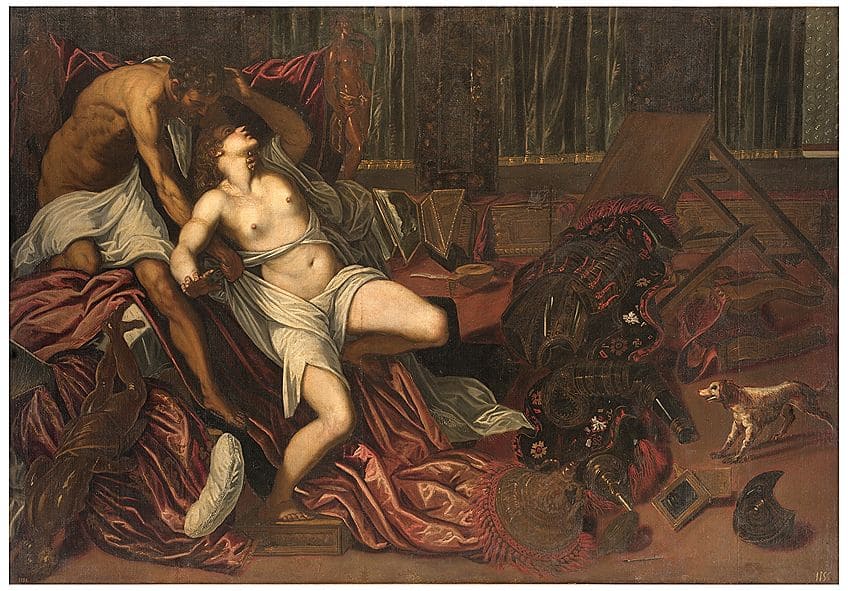
Seven Ages of Man – All the World’s a Stage (1599)
| All the world’s a stage, And all the men and women merely players; They have their exits and their entrances; And one man in his time plays many parts, His acts being seven ages. At first the infant, Mewling and puking in the nurse’s arms; And then the whining school-boy, with his satchel And shining morning face, creeping like snail Unwillingly to school. And then the lover, Sighing like furnace, with a woeful ballad Made to his mistress’ eyebrow. Then a soldier, Full of strange oaths, and bearded like the pard, Jealous in honour, sudden and quick in quarrel, Seeking the bubble reputation Even in the cannon’s mouth. And then the justice, In fair round belly with good capon lin’d, With eyes severe and beard of formal cut, Full of wise saws and modern instances; And so he plays his part. The sixth age shifts Into the lean and slipper’d pantaloon, With spectacles on nose and pouch on side; His youthful hose, well sav’d, a world too wide For his shrunk shank; and his big manly voice, Turning again toward childish treble, pipes And whistles in his sound. Last scene of all, That ends this strange eventful history, Is second childishness and mere oblivion; Sans teeth, sans eyes, sans taste, sans everything. |
This famous poem about the circle of life is from act two, scene seven of the comedy, As You Like It (1599) spoken by the character Jaques. He describes life as a stage, comparing the various phases of life to plays that are performed by people who are actors in their own lives with different roles to play. According to the poem, every person has seven plays, each one described using examples of actions that are commonly shared among men in their lifetime. Shakespeare wrote the poem using a narrative style in free verse and filled it with metaphors and similes that make the Seven Ages of Man vividly impactful and relatable. He drives home his point at the end by shocking the reader with the reality that we all end up in a position somewhat the same as how we first started in the world, with a “second childishness”.
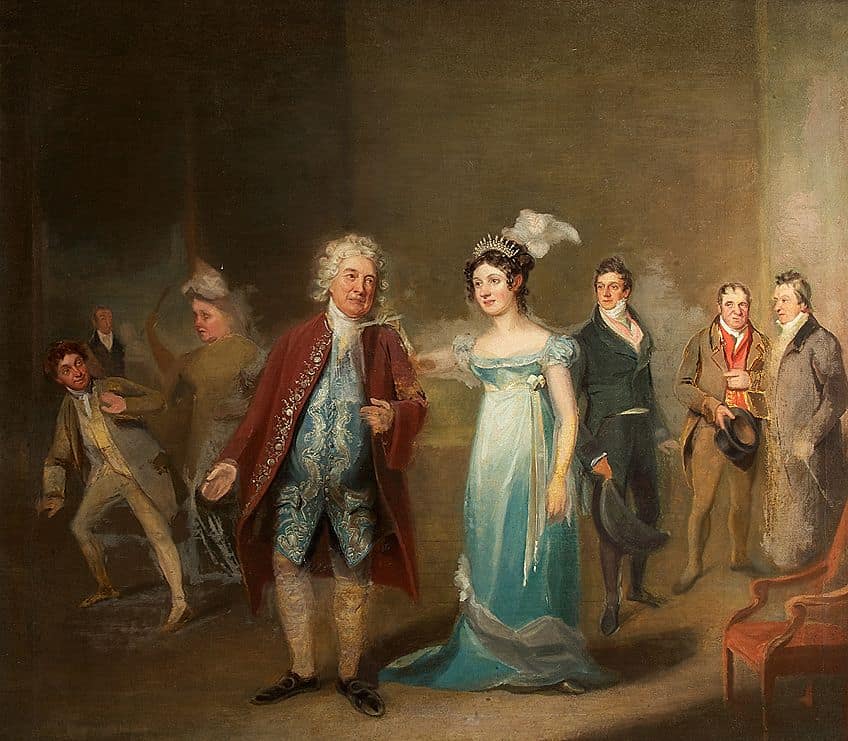
Sonnet 1 – From Fairest Creatures We Desire Increase (1609)
| From fairest creatures we desire increase, That thereby beauty’s rose might never die, But as the riper should by time decease, His tender heir might bear his memory: But thou contracted to thine own bright eyes, Feed’st thy light’s flame with self-substantial fuel, Making a famine where abundance lies, Thy self thy foe, to thy sweet self too cruel: Thou that art now the world’s fresh ornament, And only herald to the gaudy spring, Within thine own bud buriest thy content, And, tender churl, mak’st waste in niggarding: Pity the world, or else this glutton be, To eat the world’s due, by the grave and thee.
|
This sonnet sets the stage for what was to come in Shakespeare’s collection of sonnets. From the outset, the poem sheds a light on beauty but not in the superficial sense. In the first few lines, Shakespeare points out that beauty fades and that no creature can escape time. We all desire beauty, but because it is not something that we can hold on to forever, he goes on to say that beauty can be reproduced through heirs.
He warns us and the person that he is addressing of being too self-absorbed by our own beauty that we do not procreate, essentially robbing the world of our beauty and what is owed to it.

Sonnet 116 – Let Me Not to The Marriage of True Minds (1609)
| Let me not to the marriage of true minds Admit impediments. Love is not love Which alters when it alteration finds, Or bends with the remover to remove: O, no! it is an ever-fixed mark, That looks on tempests and is never shaken; It is the star to every wandering bark, Whose worth’s unknown, although his height be taken. Love’s not Time’s fool, though rosy lips and cheeks Within his bending sickle’s compass come; Love alters not with his brief hours and weeks, But bears it out even to the edge of doom. If this be error and upon me proved, I never writ, nor no man ever loved. |
This sonnet is one of the most famous poems written about love and is often quoted. In the sonnet, Shakespeare writes that true love is not changeable, no matter the length of time, or the obstacles faced and that it holds its position as the north star that guides us. At the end of the poem, he is so certain of his definition of love that he says that if it can be proven to be wrong, then he must not have loved anyone. Perhaps this poem, without us being aware of it, has informed our understanding of what ideal love is meant to be.
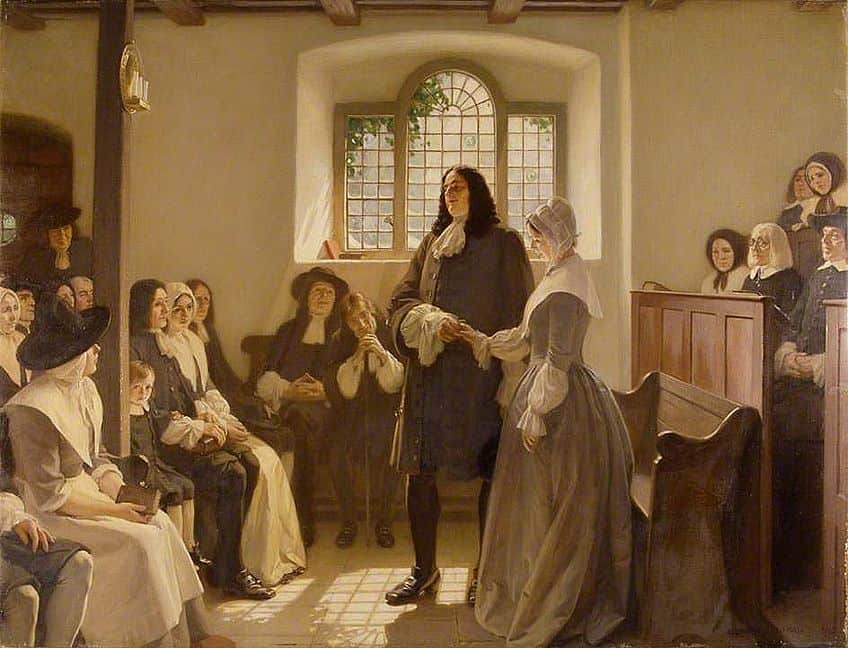
Sonnet 130 – My Mistress’ Eyes Are Nothing Like the Sun (1609)
| My mistress’ eyes are nothing like the sun; Coral is far more red than her lips’ red; If snow be white, why then her breasts are dun; If hairs be wires, black wires grow on her head. I have seen roses damasked, red and white, But no such roses see I in her cheeks; And in some perfumes is there more delight Than in the breath that from my mistress reeks. I love to hear her speak, yet well I know That music hath a far more pleasing sound; I grant I never saw a goddess go; My mistress when she walks treads on the ground. And yet, by heaven, I think my love as rare As any she belied with false compare. |
In Sonnet 130, Shakespeare mocks the overstated comparisons popularly made by writers to describe their beloveds, such as comparing the color of their cheeks to roses, or their complexion to the color of snow. Instead, he develops a comparison to present the reader with a different kind of beauty that is not surface-level. Therefore, this poem sets Shakespeare apart from other romantic writers as he points out that love is not simply something that titillates the senses but is far deeper. After writing that his love does not live up to these flowery comparisons,
Shakespeare ends the poem by stating that she is still as exceptional as any other beauty by saying that she is “as rare as any she belied with false compare”.
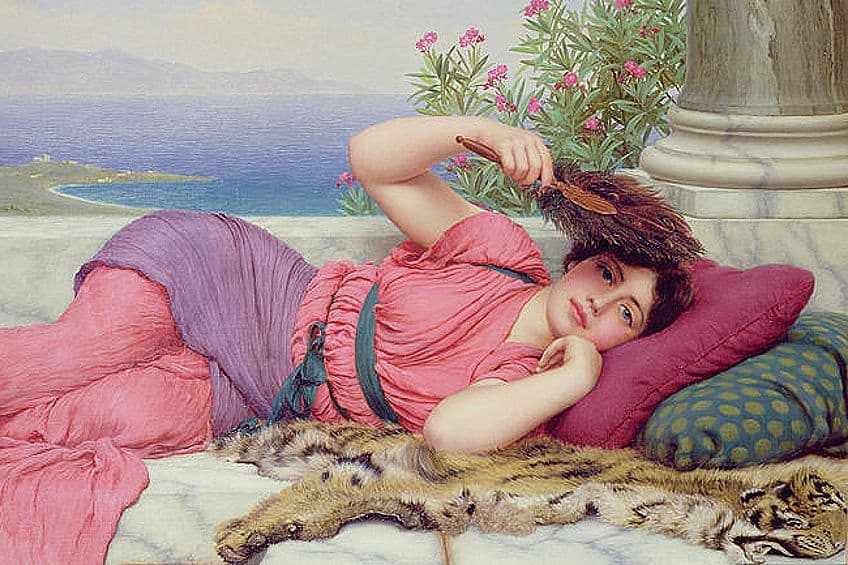
Sonnet 18 – Shall I Compare Thee to a Summer’s Day? (1609)
| Shall I compare thee to a summer’s day? Thou art more lovely and more temperate: Rough winds do shake the darling buds of May, And summer’s lease hath all too short a date: Sometime too hot the eye of heaven shines, And often is his gold complexion dimmed, And every fair from fair sometime declines, By chance, or nature’s changing course untrimmed: But thy eternal summer shall not fade, Nor lose possession of that fair thou ow’st, Nor shall death brag thou wander’st in his shade, When in eternal lines to time thou grow’st, So long as men can breathe, or eyes can see, So long lives this, and this gives life to thee. |
Probably one of the most beautiful and famous sonnets written by Shakespeare, this sonnet is filled with comparisons to show that his love cannot be compared because they are better. He lists the negative aspects of Summer, flattering his love with the notion that they surpass the most favored season. Therefore, Shakespeare immortalizes them in his written art, using imagery and tender ideality to convey the beauty of his love that will never fade now that it is forever held within his words.
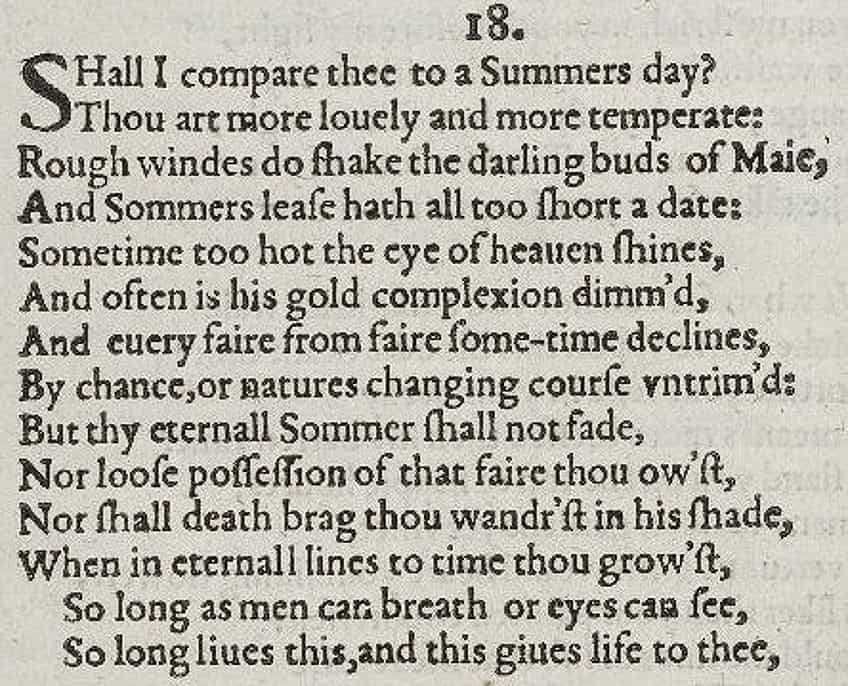
In conclusion, more than 400 years after his death, poems by William Shakespeare are still relevant and timeless as his work has a way of relating to people, leaving our hearts floating, giddy, broken, in awe or shock as we read them. His craftiness created words and phrases that we still use today, although many do not know where they come from (until they read his poetry and plays, that is). Shakespeare, although immortalized, was a human being and he used his human experience and the world around him as inspiration for his work. Love, loss, jealousy, greed, and power, are all themes that are relevant today and Shakespeare made them rich and meaningful, using each line to paint a picture that lasts the test of time.
Frequently Asked Questions
What Is the Most Famous Poem by Shakespeare?
A poem that may be considered one of, if not the most famous Shakespeare poems is Sonnet 18, or Shall I compare thee to a summer’s day (1609). This sonnet is filled with comparisons to show that his beloved cannot be compared because she is better than even most peoples’ favorite summer’s day.
Why Is William Shakespeare’s Poetry Still Important Today?
William Shakespeare’s works are timeless as they form a model for many films, movies, and plays made today. His characters are not only entertaining but relatable, with their rich personalities and enduring qualities such as nobility, naivety, jealousy, pride, power, and so on. These characters are also part of relatable and relevant themes of death, love, fate, power, ambition, and so forth.
Jaycene-Fay Ravenscroft is a writer, poet, and creative living in South Africa with over 6 years of experience working in a contemporary art gallery. She completed her Bachelor of Arts degree, majoring in Art History and Ancient History at the University of South Africa, with additional subjects in Archaeology and Anthropology.
With a passion for learning, Jaycene-Fay is very much inspired by symbology and the connection between everything in this world. Trained to analyze and ‘critique’ art, she is passionate about exploring the meaning behind each artwork she encounters and understanding how it connects to the artist’s cultural, historical, and social background. Writing is Jaycene-Fay’s way of having a finger in every pie: to research, share knowledge, and express herself creatively.
Learn more about Jaycene-Fay Ravenscroft and the Art in Context Team.
Cite this Article
Jaycene-Fay, Ravenscroft, “Famous Shakespeare Poems – Poems by William Shakespeare.” Art in Context. February 15, 2023. URL: https://artincontext.org/famous-shakespeare-poems/
Ravenscroft, J. (2023, 15 February). Famous Shakespeare Poems – Poems by William Shakespeare. Art in Context. https://artincontext.org/famous-shakespeare-poems/
Ravenscroft, Jaycene-Fay. “Famous Shakespeare Poems – Poems by William Shakespeare.” Art in Context, February 15, 2023. https://artincontext.org/famous-shakespeare-poems/.



